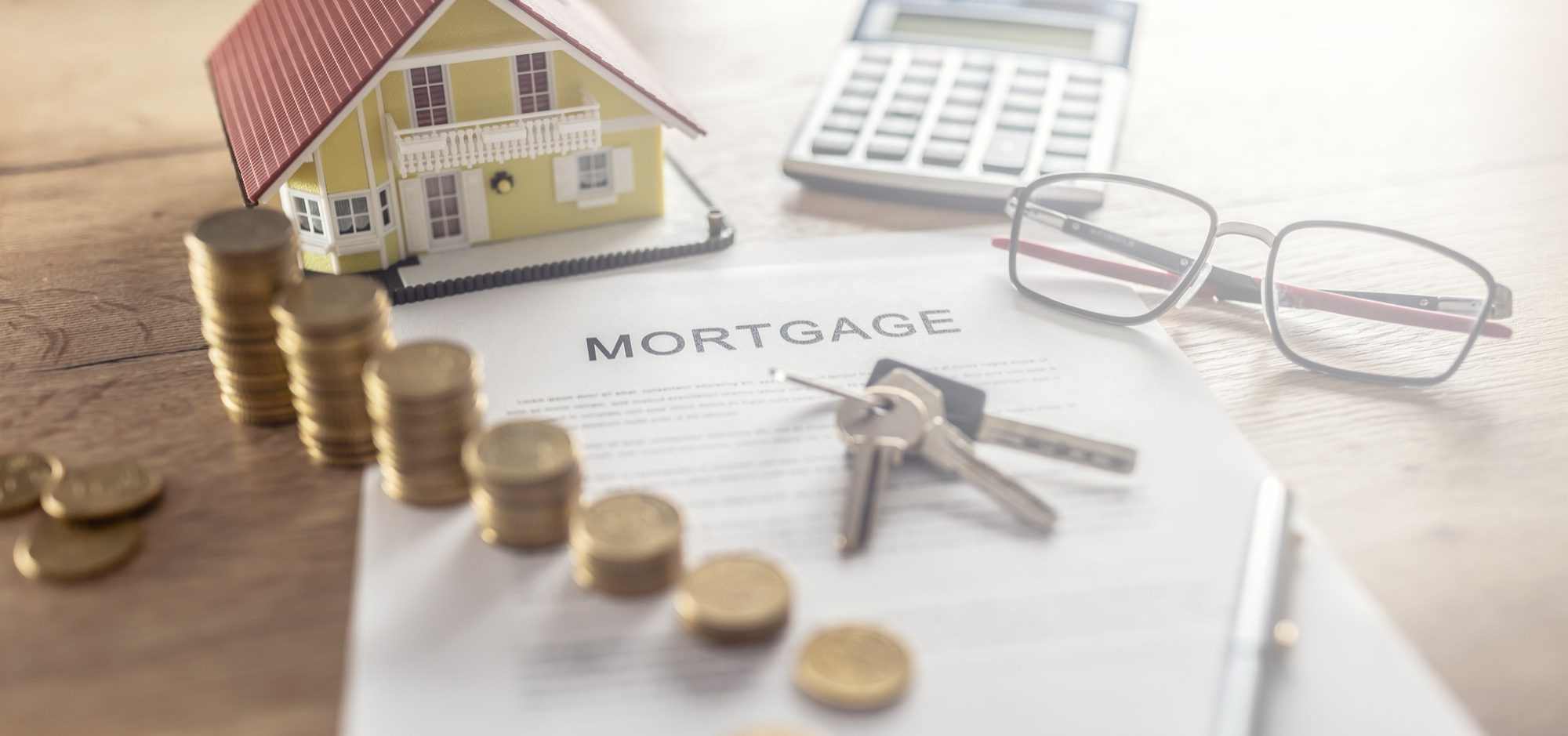
Property valuation and appraisal play a crucial role in Singapore’s mortgage process. Accurate assessments of property value not only guide buyers and sellers but also provide lenders with confidence in financing decisions. This article explores the significance of these processes, the methodologies employed, key factors considered by professionals, and how the resulting reports impact mortgage approval and loan amounts.
Importance of Property Valuation and Appraisal in the Mortgage Process
Property valuation and appraisal are essential for ensuring transparency and fairness in real estate transactions. For lenders, these procedures establish the market value of a property, which is critical for evaluating the risk linked to a mortgage loan. On the other hand, borrowers benefit from understanding if the purchase price aligns with the property’s true value.
In Singapore, where real estate typically entails a significant financial commitment, accurate valuations protect all parties from potential disputes or financial losses. For instance, lenders utilise appraisals to determine the maximum loan amount, ensuring that the borrower has adequate equity in the property. Additionally, appraisals help buyers avoid overpaying, while sellers can price their property competitively. Moreover, they provide a framework for taxation and insurance purposes, ensuring fair and consistent treatment across the board.
The importance of valuation goes beyond individual transactions. A robust valuation ecosystem ensures a healthy and transparent real estate market in Singapore, fostering trust among stakeholders and encouraging sustainable growth.

Methods Used for Property Valuation and Appraisal in Singapore
Several methods are employed to evaluate property values in Singapore, each tailored to different property types and purposes:
Comparison Method:
This method is most frequently used for residential properties. It consists of assessing the property against recent sales of comparable properties in the area, adjusted for factors such as size, condition, and location. For example, a unit in a high-demand area with modern interiors would be priced higher than a standard unit in a comparable location.
Cost Method:
Often used for properties with unique characteristics, this approach estimates the value based on the cost of land and the cost to rebuild the property, accounting for depreciation. It is particularly useful for heritage buildings or custom-built properties.
Income Method:
Primarily applied to commercial properties, this method evaluates the property based on its potential to generate income. The valuer considers rental yields, operating costs, and market trends. For example, a property with a stable tenant base and high rental demand would typically fetch a higher valuation.
Residual Method:
Used for properties with redevelopment potential, this method calculates the value based on the projected future income or sale value after redevelopment, minus costs incurred. This method is often applied to older buildings in prime locations slated for redevelopment into modern complexes.
Desktop Valuation:
A less detailed but quicker method, this relies on digital tools and public data to estimate property value. It is often used for preliminary assessments or when time constraints require expedited results.
Factors Considered by Valuers and Appraisers in Assessing Property Value
Valuers and appraisers consider a myriad of factors to arrive at a fair and accurate valuation.
Key considerations include:
- Location: Proximity to amenities, public transport, schools, and commercial hubs significantly affects property value. Properties near MRT stations or reputable schools often see higher valuations due to convenience and demand.
- Condition and Age: Properties in good condition or newer developments generally command higher valuations. Renovations and modern upgrades can further enhance a property’s value.
- Market Trends: Current market demand and economic conditions play a critical role in valuation. Fluctuations in interest rates, government cooling measures, or shifts in buyer preferences can all impact property prices.
- Floor Area and Layout: Larger properties or those with efficient layouts typically attract higher valuations. Unusual layouts or poor utilisation of space may negatively affect value.
- Transaction History: The recent sale prices of comparable properties provide a benchmark for valuation. Valuers analyse data from nearby properties with similar attributes to ensure accuracy.
- Regulatory Factors: Zoning laws, permissible uses, and other government regulations can impact property values. For example, a property with potential for commercial use may be valued higher than one restricted to residential purposes.
Additionally, factors like view, floor level, and surrounding developments also influence valuations. A high-floor unit with an unobstructed city view is likely to command a premium compared to lower-floor units with limited views.
How Valuation and Appraisal Reports Impact Mortgage Approval and Loan Amounts
The valuation report is a crucial document in the mortgage approval process. Banks and financial institutions use these reports to determine the loan-to-value (LTV) ratio, which affects the maximum loan amount that borrowers can secure. For example, if a property is valued at $1 million, the bank might offer a loan of up to 75% of the valuation, depending on the borrower’s financial profile and the property type.
When a property’s valuation is lower than the agreed purchase price, buyers may need to make up the difference in cash or renegotiate the amount. Conversely, a higher valuation can offer buyers greater financing flexibility. For sellers, an accurate and favorable valuation can attract more buyers and justify a higher asking price.
Additionally, valuation reports are often referenced for insurance purposes to determine adequate coverage and for tax assessments to ensure compliance with property-related taxes like stamp duty. The transparency and reliability of these reports instill confidence in financial institutions and streamline the mortgage process.
Conclusion
The mortgage valuation and appraisal process is essential to the property market in Singapore, ensuring informed decisions for all stakeholders. Through the use of strong methodologies and the evaluation of various factors, these processes determine the actual market value of a property. Understanding how valuations impact mortgage approval and loan amounts enables buyers, sellers, and investors to confidently maneuver through Singapore’s vibrant real estate market.
As the property market evolves, staying informed about valuation practices and trends will be increasingly important. For all involved — from first-time buyers to seasoned investors — leveraging accurate valuations is essential for making informed financial choices and optimizing prospects in Singapore’s thriving real estate market.
Want to find the best mortgage rate in town? Check out our free comparison service to learn more!
Read more of our posts below!

